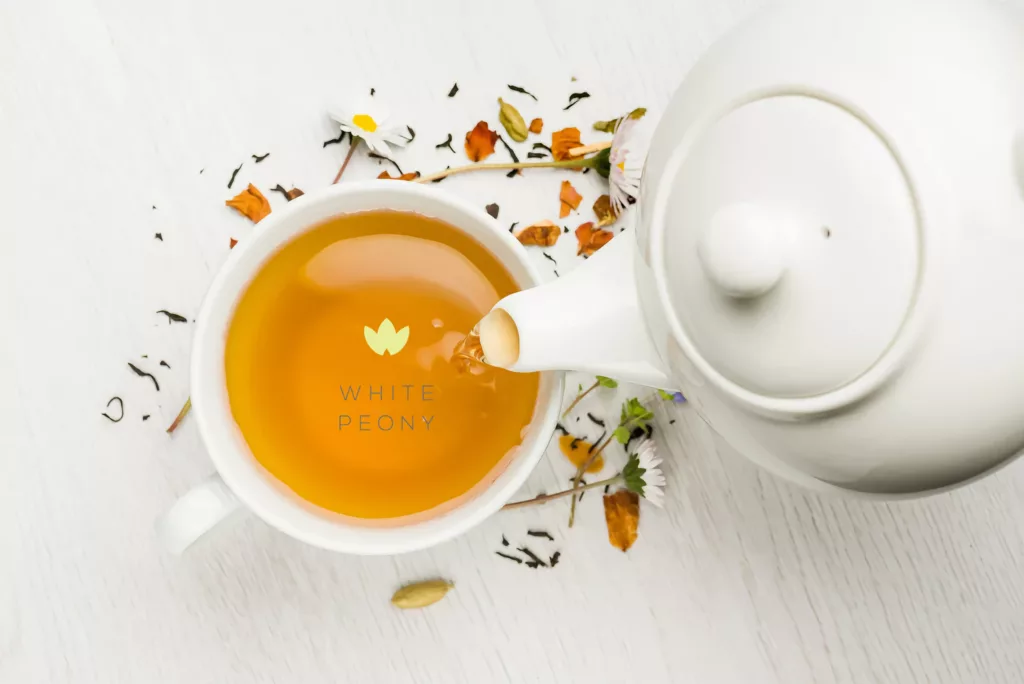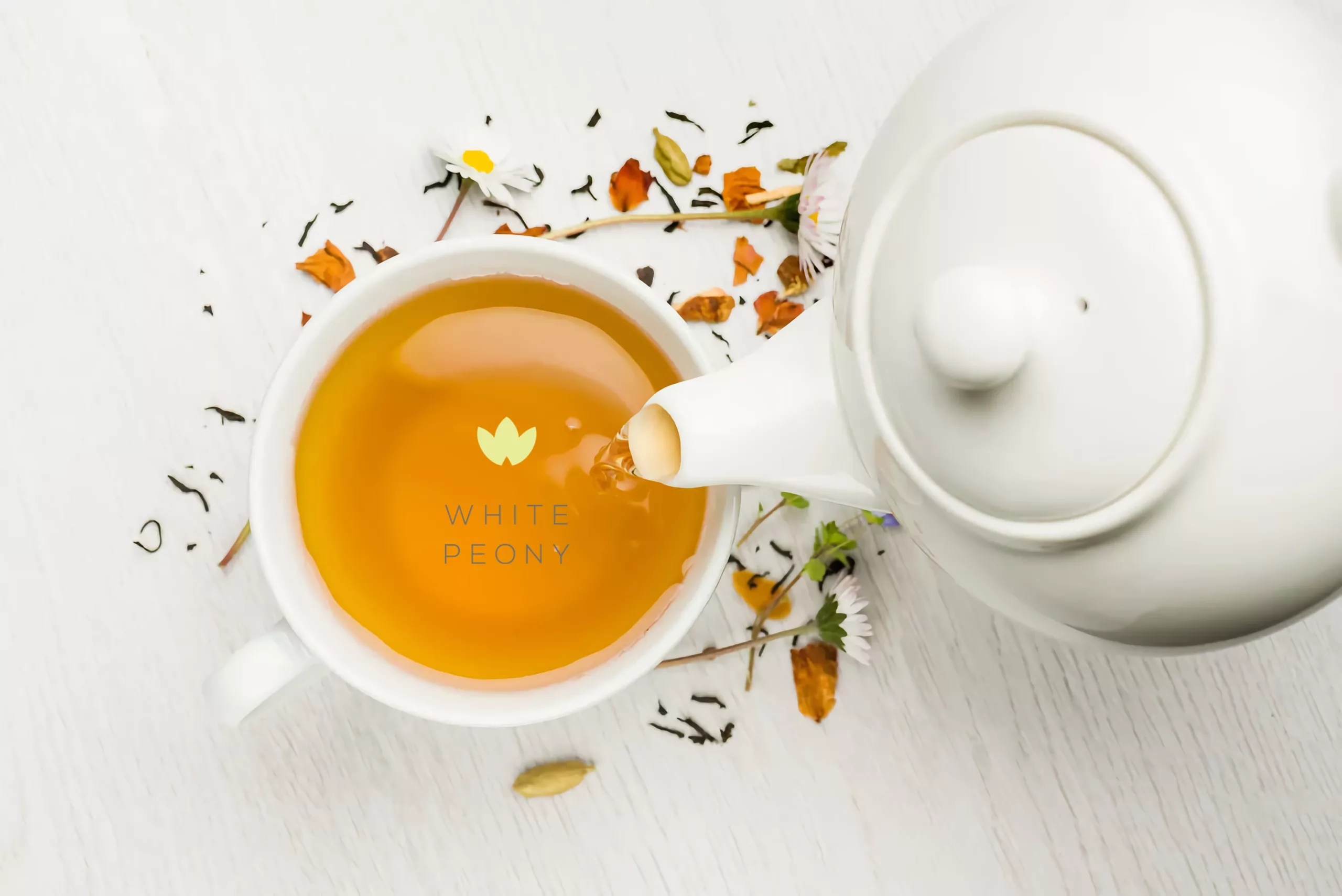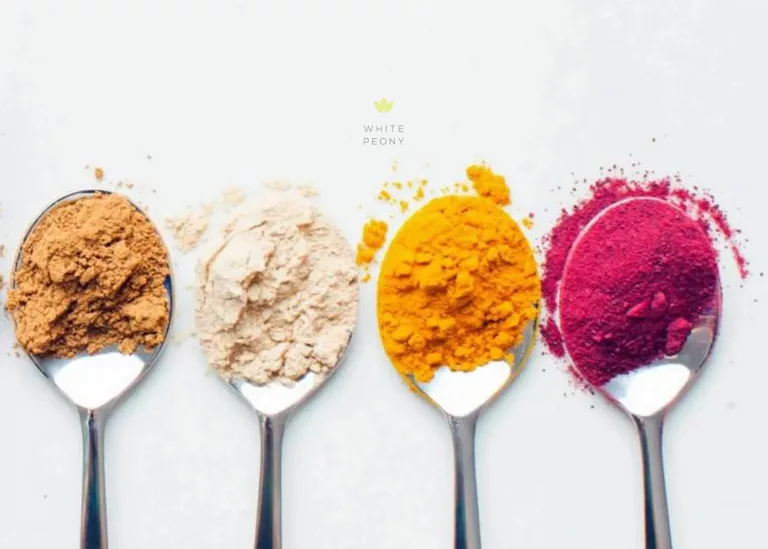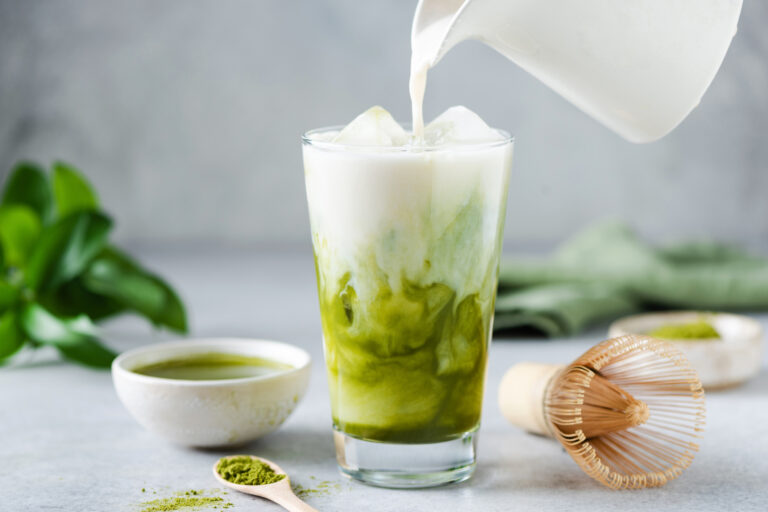Tea has long been cherished not only for its delicate taste and comforting aroma but also for its potential health benefits. Among these, its impact on the digestive system, liver, and kidneys is particularly noteworthy. From soothing an upset stomach to supporting detoxification, tea can be a valuable ally — when consumed wisely.
1. Tea and Digestion: A Gentle Support
Different types of tea can aid digestion in various ways:
- Green Tea: Rich in catechins, green tea helps stimulate gastric juices, enhances fat metabolism, and supports the overall digestive process. It is especially helpful after heavy or fatty meals.
- Oolong and Pu-erh: These partially fermented teas are known for promoting fat digestion and regulating cholesterol levels.
- Greek Mountain Tea: While not a true tea, it is a popular herbal infusion that relaxes the gastrointestinal tract and reduces bloating or cramps.
- Moringa Leaf: Another herbal companion, it is packed with quercetin, chlorogenic acid, and vitamin C.
✅ Best Time to Drink for Digestion: 30–60 minutes after meals, rather than on an empty stomach.
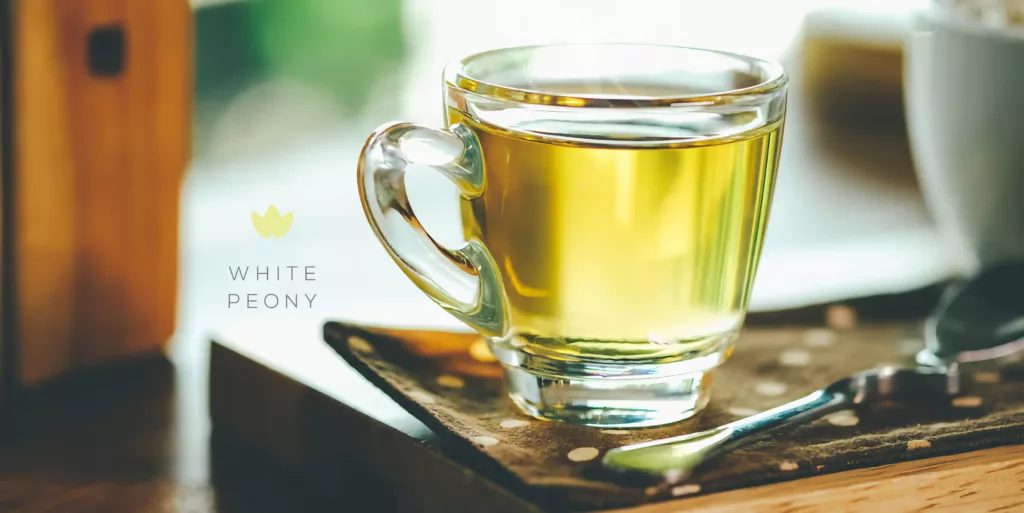
2. The Liver: Tea as a Detox Companion
Tea, especially green tea, has been shown to support liver function due to its antioxidant content, particularly epigallocatechin gallate (EGCG). These antioxidants help:
- Reduce liver inflammation.
- Protect liver cells from oxidative stress.
- Improve enzyme levels related to liver function.
However, moderation is crucial. Very high doses of green tea extracts (particularly in supplements) have been linked to liver toxicity in rare cases. Whole leaf tea brewed at moderate strength is much safer.
⚠️ Avoid highly concentrated tea supplements without medical supervision.
3. The Kidneys: Hydration with a Twist
Tea is hydrating and contains compounds that may support kidney health — especially polyphenols and theanine. However, there are some considerations:
- Black and Green Tea contain oxalates, which can contribute to kidney stone formation in susceptible individuals.
- Caffeine is a natural diuretic; while mild, excessive tea consumption can lead to dehydration and put extra strain on the kidneys.
✅ Recommendation: Limit daily tea intake to 3–4 cups and drink plenty of water alongside. Choose low-oxalate options like white tea or herbal infusions if you have a history of kidney stones.

4. Contraindications and Cautions
While tea offers many benefits, it is not suitable for everyone in all circumstances:
- Iron Absorption: Tea can inhibit non-heme iron absorption when consumed with meals. Iron-deficient individuals should drink tea between meals rather than during them.
- Pregnancy and Breastfeeding: High-caffeine teas should be limited. Herbal teas should be consumed with caution, and only those proven safe.
- Gastroesophageal Reflux (GERD): Strong black or green tea may irritate some individuals with GERD. In such cases, milder teas like camomile may be better.
⚠️ People with liver disease, kidney disease, or ulcers should consult a healthcare provider before making tea a regular part of their health routine.
Conclusion: A Delicate Balance
Tea can be a gentle, effective aid for digestion and liver support, offering a natural alternative to synthetic medications in some cases. It can help soothe, detoxify, and refresh — but like all powerful natural remedies, it must be approached with mindfulness.
Whether you’re sipping oolong after dinner or starting your morning with a cup of green tea, awareness of your body’s signals and moderation are key to reaping the benefits while avoiding potential harm.
🍃 Tea is more than a beverage — it’s a ritual of self-care. Honor it with intention, and it will serve you well.
